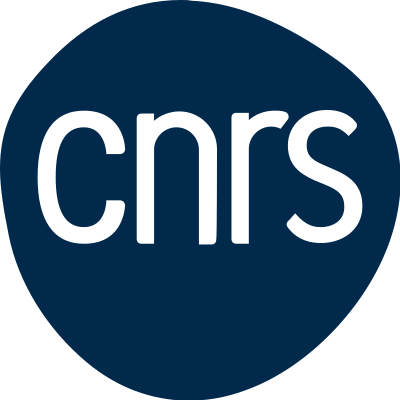|
Antoine RIMBERT, PhD, invité par Jean-Jacques Schott et Bertrand Cariou (Eq I et IV)
Post-doctoral Research Fellow
Universitair Medisch Centrum Groningen, European Research institute for the biology of Ageing, Department of Pediatrics, Section Molecular Genetics - Groningen Pays-Bas
ABSTRACT
Cardiovascular disease (CVD) is the leading cause of death worldwide. When it comes to possible causes of atherosclerosis as underlying disease, clinical trials, epidemiological and genetics studies have provided unequivocal evidence that plasma levels of low-density lipoprotein (LDL) cholesterol and triglycerides are positively correlated with CVD.
Since the 1970s, genetic studies identified several genes responsible for familial forms of dyslipidemia and substantially increased our comprehension of plasma lipid metabolism in general.
The unraveling of the molecular etiology of dyslipidemias led to a spectacular development of several lipid-lowering drugs (with one of the most prominent examples: PCSK9 inhibitors development). Identifying novel genes in lipid metabolism rapidly lead to discovery of new potential targets for the prevention and treatment of cardiovascular disease.
The technological advances with the ability to test millions of genetic markers across the genome in genome-wide association studies (GWAS) have dramatically increased the number of lipid loci identified over the last decade. So far, more than 150 loci have been associated with plasma lipid traits. For the majority of these loci, the causal DNA sequence remains undetermined, which makes the translation of genetic findings into novel mechanisms and into new therapeutic targets challenging.
The overall strategy of my research consists of identifying novel genetic determinants of dyslipidemia using different innovative approaches using:
- next-generation sequencing,
- fine mapping of lipid associated loci (eQTL, LD mapping),
- contextual expression analysis.
Genetic findings are subsequently studied in in-vitro and in-vivo genetically modified models. |






